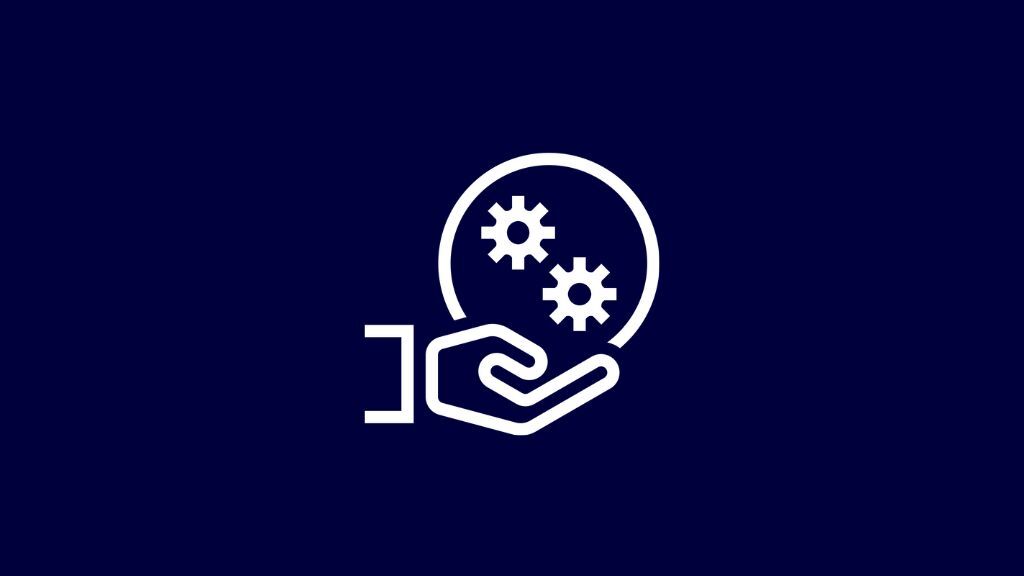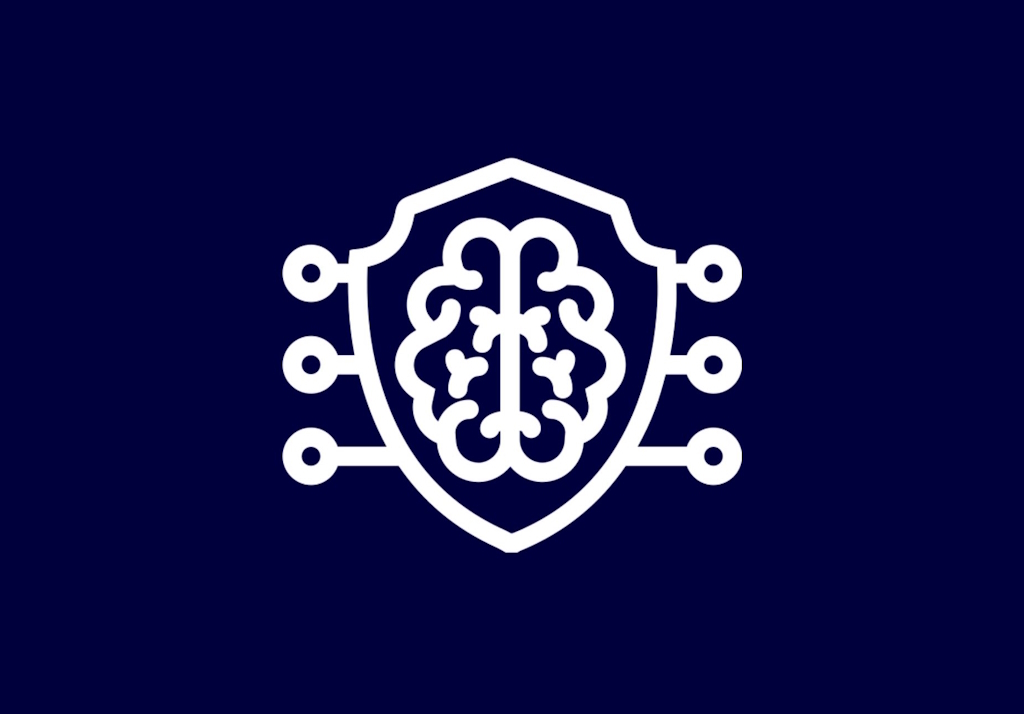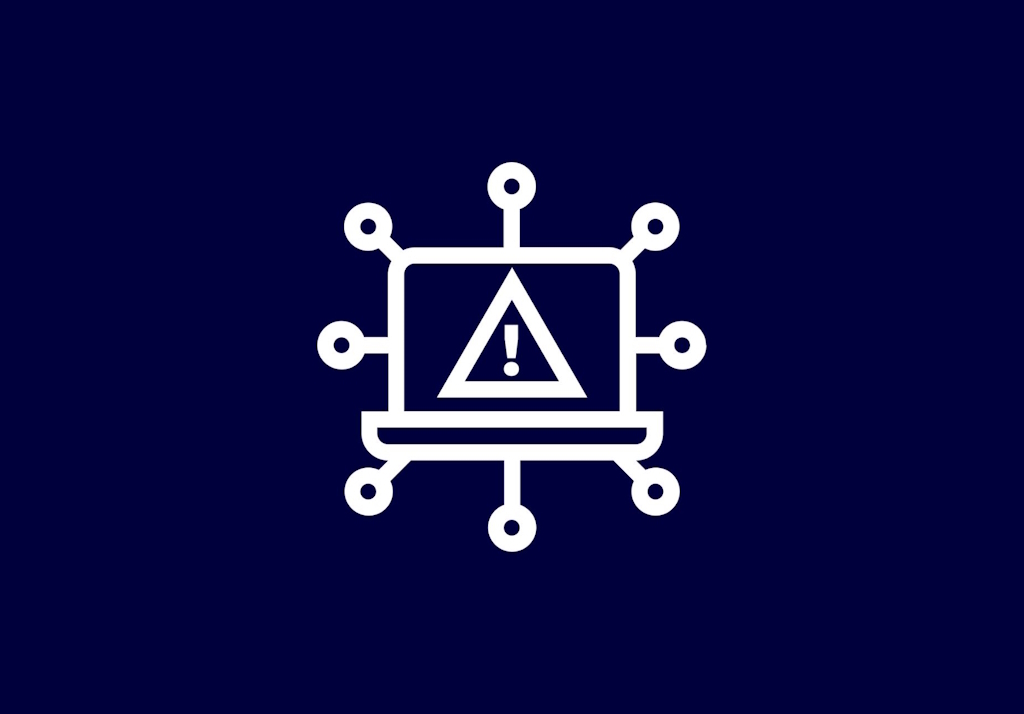From ETH student to security engineer in the cyber world
Graduate Silvan Läubli completed his Master's degree in computer science at ETH Zurich and has been working as a security engineer at terreActive since August 2021. In this interview, he provides insights into his entry into the cyber world, talks about his working day and gives advice to students.
Silvan, what does your working day as a Security Engineer at Swiss Post Cybersecurity (formerly terreActive) look like?
My working day includes many different tasks. On the one hand, I respond to reports from customer systems that we receive via monitoring, daily check, ticket or telephone. Most of my work involves providing technical support to our customers, for whom I make changes (change requests), e.g. adapting the firewall, and answer all questions about the products used. The third area of responsibility includes projects such as migration planning and the integration of new systems or products for customers.
What do you enjoy most and what do you value most?
I like the variety. I like taking on responsibility for larger projects and appreciate the collaboration in our Security Operations Center team, the communication channels are very short and we support each other at Swiss Post Cybersecurity, e.g. when different product knowledge of our manufacturer solutions is required.
What made you decide to get into cyber security?
I've always had a basic interest in cyber security and already knew at cantonal school that I wanted to get into IT. During my studies, I therefore focused on software engineering and security/networking. For me, cyber security means the interplay between these two areas, which I was able to combine during my studies and in my final thesis. In my job as a security engineer, I like the responsibility of not just providing an out-of-the-box solution for our customers, but building a secure solution that is tailored to our customers.
Why did you choose Swiss Post Cybersecurity?
During my studies at the ETH in Zurich, I became aware of Swiss Post Cybersecurity (formerly terreActive) through the IT recruiting fair VIS Kontaktparty. The taster day gave me a good insight into the various aspects of cyber security. Compared to larger companies, at Swiss Post Cybersecurity, with its 90 employees, you have an insight into several areas instead of just one. You can then set priorities within these areas of responsibility. I really liked the family atmosphere and the close cooperation between the different departments. Our consulting and software development departments are just one floor away, which guarantees short communication channels.
Did you find your studies helpful when you joined Swiss Post Cybersecurity? What don't you learn in theory at university, but only in practice?
The course was definitely helpful for starting at Swiss Post Cybersecurity! There are a lot of different tools in practice, which are covered in theory during the course. I acquired the basic theoretical knowledge to understand concepts or the application of different tools during my studies. As you know, things work a little differently in practice than in theory: at university, concepts are created under laboratory conditions, so to speak, whereas my day-to-day work now focuses on very specific customer projects. So you learn to take individual customer situations and concerns into account and incorporate them into the concepts and their implementation.
What would you like to focus on in the next two years?
I'm looking forward to more exciting projects. I would like to focus on passing on the knowledge I have already acquired to new employees and continuing to foster the culture of helping each other and explaining issues. I would like to deepen my knowledge in my field and become an expert, but I also want to remain open to new tasks and tools.
In conclusion... What advice would you give students?
There are different subject areas with different modules on the computer science course. It's worth attending as many lectures and seminars as possible, even those that don't seem that interesting at first glance. It may be easier to just stay within your favorite field, but then you miss out on one or two connections with other subject areas. I came to this realization during my studies. In the subsequent specialization, the knowledge acquired from the various modules can be interlinked. The Master's degree can then be designed according to your own strengths in the relevant subjects.
Job profiles in cyber security
The graphic illustrates the department in which Silvan Läubli works as a security engineer and shows the variety of job opportunities in the world of security.




